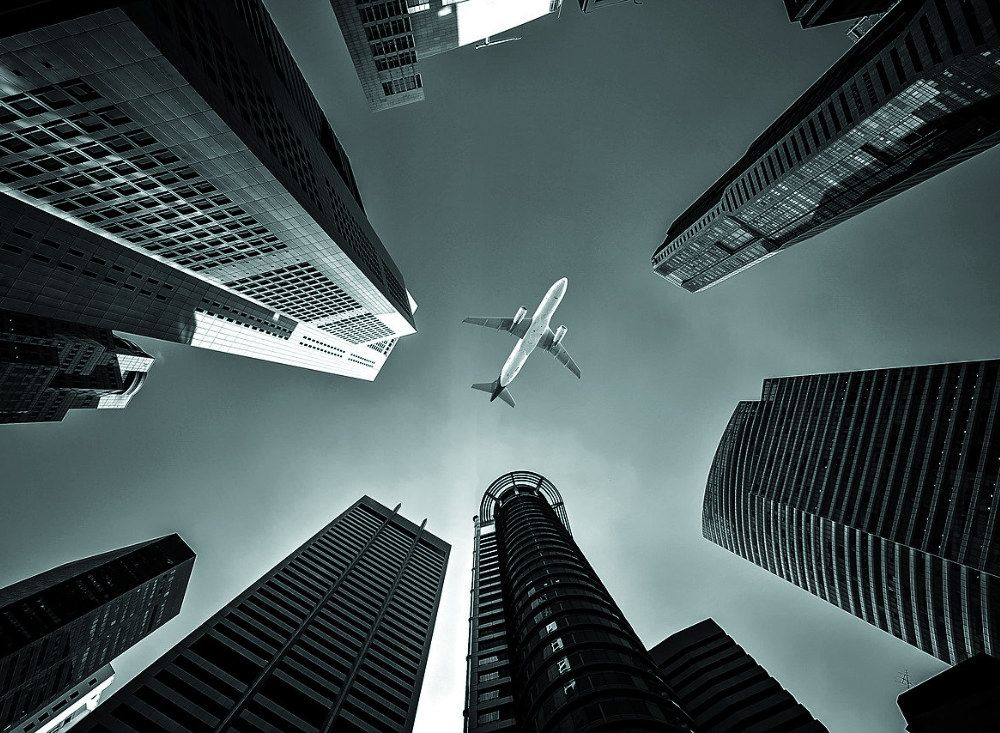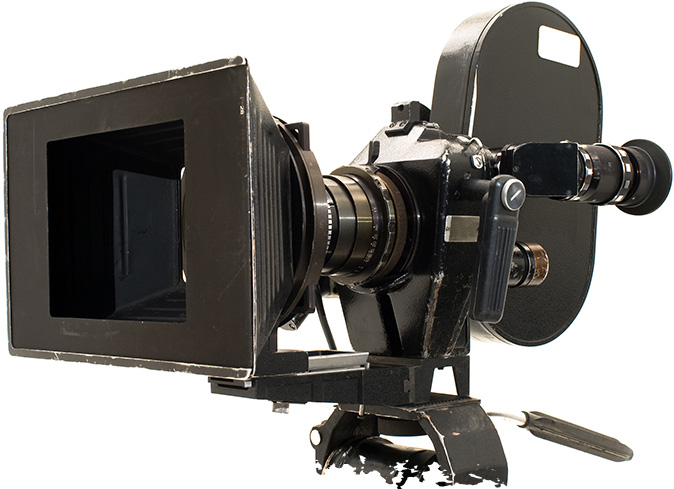
9 Tips to help reduce Jet Lag
In clinic I deal with executive clients skipping across time zones for fun, athletes competing in a variety of countries, actors, directors and producers of movies filming across the world in various locations from one month to another. They all have the same need when they arrive in their new destination, a need to still be able to perform and function at their absolute best.
Now whilst you cannot completely cheat jet lag, there are some hints and tips that I think you may find useful.
What is Jet Lag?
Before we jump into the recommendations, let’s first review what jet lag actually is. Jet lag, also called desynchronosis, is caused when the body’s natural body clock (circadian rhythm), is temporarily out of rhythm with its internal and external cues.
The body clock is used to help with the timing of the release of certain hormones, how active the digestive system is at certain times, when other organs are at their most active, when we should be asleep and when we should be awake.
The main symptoms are energy issues, drowsiness, digestive upset, confusion, changes in reaction times and much more. It’s probably like being a little drunk.
So, what can you do to minimise the side effects and get yourself into the swing of the new time zone you find yourself in?
Below you will find my recommendations to reduce the side effects of jet lag and hopefully help you adjust more smoothly and quicker to your destination time-zone. If you are only travelling somewhere for a day or two, then I recommend trying to stick as close as possible to your current time zone. The recommendations below are for travelling somewhere and staying put for a more sustained period of time.
1. Start to adjust your time zone before you leave
Thus, if traveling East to West (UK to US), then you will want to start to go to bed later, and get up later than normal. Make this adjustment gradual, perhaps by 30 minutes a day for the week leading up to travelling.
The opposite is the case for going West to East (UK to Asia), this time start getting up earlier and going to bed earlier.
Likewise, when you get on the plane or even in the airport, I recommend changing all clocks to the time zone you are travelling too, however don’t miss your flight!!
2. Adjust you eating times
In the time leading up to going away you can also adjust your eating times in accordance to the adjustment in sleep times.
Exactly the same principles apply to eating when travelling in accordance to the time zone you are travelling to.
East to West are often daytime flights, as such you would probably fast for a large majority of the day and the flight, then eat perhaps on the flight or even fast through to landing at your destination.
West to East are typically night flights, as such you may find yourself fasting for the duration of the flight, or at least the first 6-8 hours and then having a breakfast meal.
3. Use caffeine strategically
If happy to drink caffeinated drinks, then you can use this to your advantage. Avoid them at the times of the flight that are afternoon, evening or night-time at the destination you are travelling to, likewise use caffeine when it is the morning time where you are travelling to. Continue to use it strategically, but not excessively when in your new time zone. You are looking to have it as an aid, not a reliance.
4. To eat or not to eat
I covered this a little in the recommendations above. There are a few other points. Those who suffer with digestive issues, especially gas, bloating etc may find eating on a flight particularly upsetting for the digestive system. Cabin air pressure changes can result in an upset stomach and issues with digesting food for some people. If that is the case I recommend fasting and drinking some water, and if need be you can also use black coffee at appropriate times as well.
5. Alcohol
As a general rule it is best avoided. Whilst it can have sedative effects it negatively impacts the quality of sleep, which is likely to be awful anyway, unless you are lording it up in Business or First Class. Even then, if you are looking to feel at your sharpest on the other side, then still avoid the alcohol and instead enjoy the comforts being able to stretch out the legs.
6. Blue light management
Same rules as when you are at home. If it’s the middle of the night where you are travelling to, the last thing you want to be doing is staring at a computer, TV or phone.
Even if not tired, close your eyes and rest during the hours that are night in your destination. Bring your awareness to your breathing and create a sense of calm with slow, gradual diaphragmatic breathing. Some apps like Calm have night meditative/bedtime stories or peaceful and calm music you can chill out to.
Equally if you feel tired and its daylight hours at your destination then you can use blue light to help shift your body clock.
7. Melatonin
Whilst melatonin is an over the counter supplement in some countries, it is classed as a prescriptive drug in other countries.
Using melatonin can be useful to help shift one’s body clock. Because melatonin is the sleep hormone you can use melatonin to aid getting to sleep when you are typically not going to bed. This is more appropriate when travelling West to East.
When travelling East to West, you may find yourself using melatonin in the middle of the night if you are waking up way too early.
8. Exercise
Exercise can be used as a stimulus to shift the body clock. Exercise is a great way of getting the body to increase production of cortisol, an awakening hormone. This in turn can help to suppress melatonin levels, as a result it can be used to help keep you awake when normally you would be starting to wind down.
When arriving somewhere in the morning or afternoon, try to schedule in some form of training to give your system a natural kick up the ass.
9. Sunlight is crucial
Light is one of the biggest factors in resetting your body clock. We have mentioned about blue-light management above. Equally it is important to get out in the sunlight as much as possible in the hours that you need to stay awake. Sunlight naturally supplies blue light waves into the eyes, and helps the body to produce the hormones that keep you awake and suppress the hormones that help you sleep.
Sunlight exposure indoors significantly lowers any blue light exposure. Being outside without shades on is what we are looking for.
Equally if you are meant to be asleep or winding down, block out as much sunlight as possible, and as mentioned above avoiding devices.
Some planes now also allow you to dim your window so you can control the amount of light entering the plane. Remember when you are on the plane, you are on the time zone you are travelling to, therefore the light you allow in through your window should be in line with the time you are travelling to. If you need to, pack an eye mask so you can block out all light while on the plane.

















